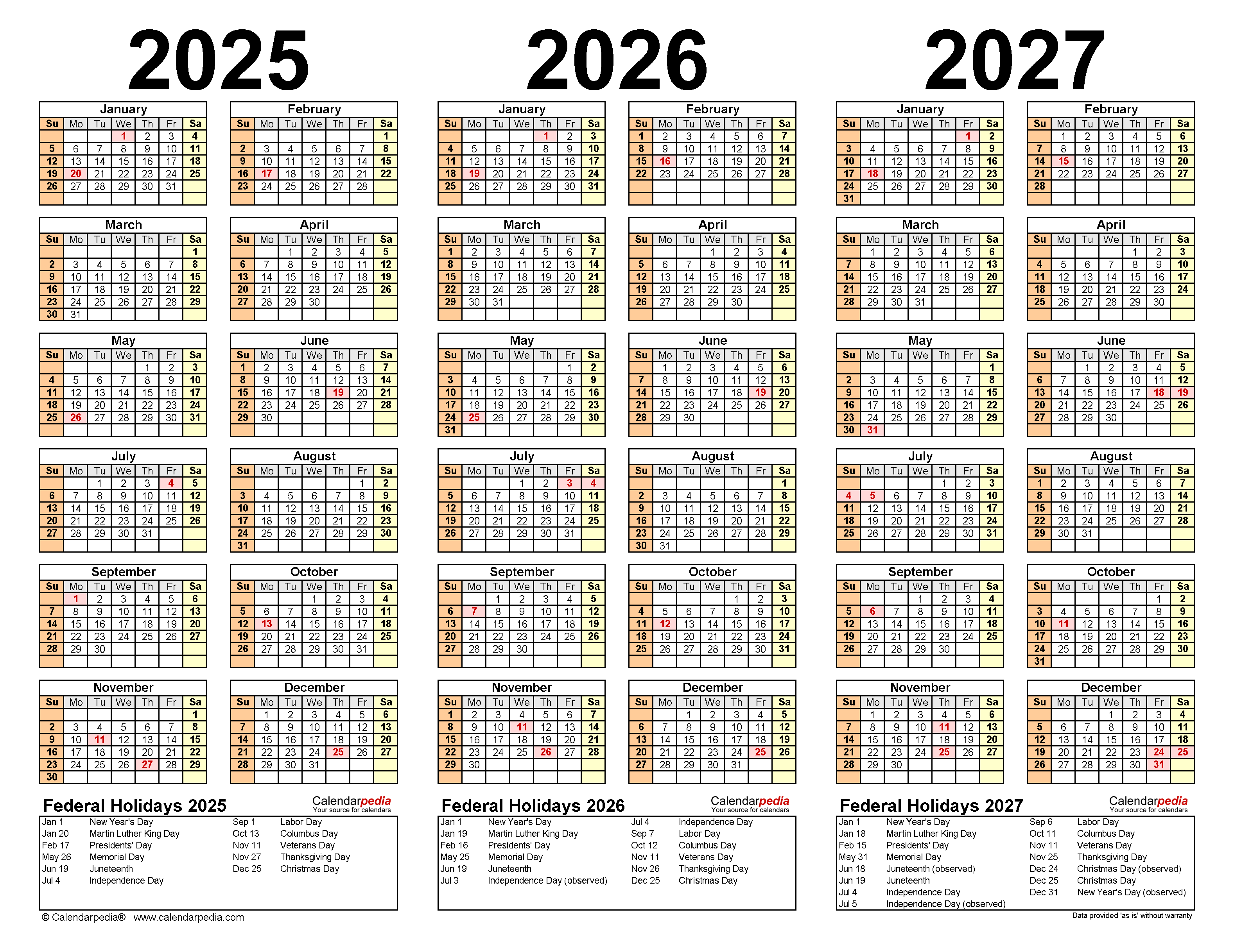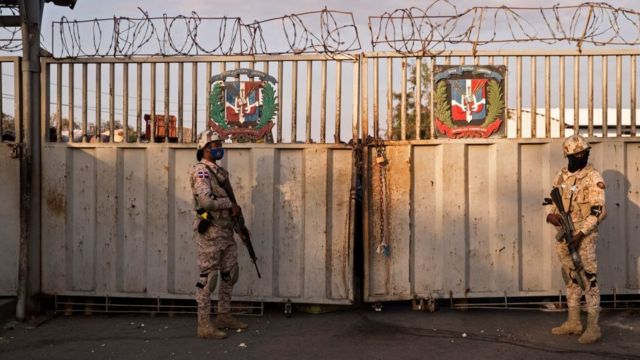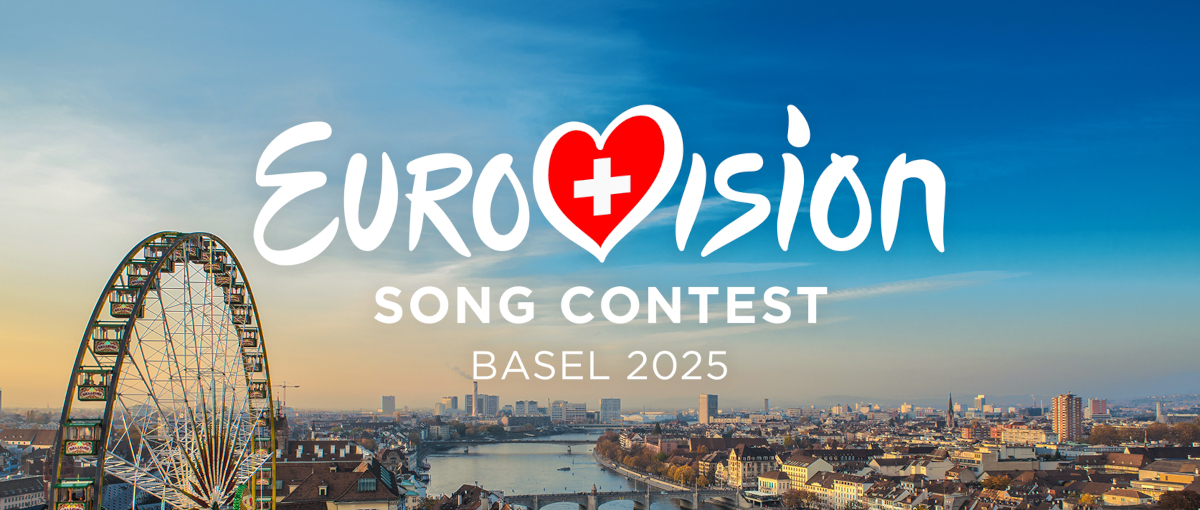German Election 2023: A Pivotal Moment To Shape The Future

Table of Contents
Key Players and Party Platforms
The German Election 2023 saw a diverse range of parties vying for power, each with distinct platforms and approaches to governing.
The CDU/CSU (Christian Democratic Union/Christian Social Union)
The CDU/CSU, Germany's conservative party, and long the dominant force under Angela Merkel's leadership, entered the election aiming to reclaim the chancellorship. Their platform largely focused on:
- Economic Stability: Emphasis on fiscal responsibility, controlled spending, and a business-friendly environment. They aimed to build upon Angela Merkel's legacy of economic success.
- Controlled Immigration: A more restrictive approach to immigration compared to other parties, emphasizing integration efforts for existing migrants.
- Strong European Union: Support for a strong and unified EU, but with a cautious approach to further integration.
Key figures within the party included Armin Laschet, who ultimately led the campaign. Their campaign largely attempted to emphasize experience and stability.
The SPD (Social Democratic Party)
The SPD, Germany's social democratic party, campaigned on a platform centered around:
- Social Justice: Focus on strengthening social safety nets, improving access to affordable healthcare and education, and reducing income inequality.
- Investment in Infrastructure: Significant investments in modernizing infrastructure, including renewable energy projects and digitalization initiatives.
- Modern, Progressive Germany: A vision for a socially and environmentally progressive Germany, with a strong focus on tackling climate change.
Olaf Scholz, the SPD's candidate and incumbent Chancellor, successfully used his position to connect directly with voters. Their campaign tapped into a desire for stability and a steady hand, especially during economic uncertainty.
The Greens (Bündnis 90/Die Grünen)
The Green Party experienced a surge in popularity, driven by growing concerns about climate change. Their platform prioritized:
- Ambitious Climate Action: Rapid transition to renewable energy sources, significant investments in climate protection measures, and a commitment to achieving carbon neutrality.
- Social Justice and Equality: Emphasis on social justice, including LGBTQ+ rights, gender equality, and policies addressing systemic inequalities.
- Sustainable Economic Policies: Balancing economic growth with environmental sustainability, promoting green jobs and sustainable industries.
Their coalition potential played a significant role in their campaign strategy. The Greens aimed to be part of a governing coalition focusing on environmental and social issues.
The FDP (Free Democratic Party)
The FDP, a pro-business liberal party, focused on:
- Economic Liberalism: Emphasis on free markets, deregulation, and tax cuts to stimulate economic growth.
- Fiscal Responsibility: Strong focus on fiscal discipline and balanced budgets.
- Modernization and Innovation: Investment in research, development, and digital technologies.
Their potential role in coalition governments, as kingmakers, gave them significant influence. Their emphasis on economic policy distinguished them from other parties.
AfD (Alternative for Germany)
The AfD, a right-wing populist party, gained traction through its anti-immigration stance and Euroscepticism. Their platform included:
- Strict Immigration Policy: Significant restrictions on immigration and a focus on repatriation of refugees.
- Nationalist Agenda: Emphasis on national identity and cultural preservation.
- EU Reform or Exit: A critical stance towards the EU, advocating for significant reforms or even withdrawal.
It’s crucial to note that the AfD’s rise reflects a complex mix of factors within German society. Their policies remain controversial and often spark significant public debate.
Key Issues Shaping the Election
Several key issues significantly shaped the German Election 2023 landscape.
The Economy and its Challenges
The German economy faced significant challenges in the lead-up to the election. Inflation, rising energy costs, and global economic uncertainty weighed heavily on voters’ minds. Parties offered diverse approaches:
- CDU/CSU: Focused on fiscal prudence and maintaining economic stability.
- SPD: Emphasized investments in infrastructure and social programs to stimulate growth.
- Greens: Prioritized a green transition with job creation in sustainable industries.
- FDP: Advocated for tax cuts and deregulation to boost the economy.
The economic climate directly influenced voter sentiment, making it a crucial issue throughout the campaign.
Immigration and Integration
Immigration and the integration of refugees continued to be a prominent topic. Parties differed significantly in their approaches:
- CDU/CSU: Favored a more restrictive approach, emphasizing successful integration of existing migrants.
- SPD: Advocated for a humane approach while focusing on integration measures.
- Greens: Emphasized the importance of welcoming refugees and providing support.
- AfD: Took a strongly anti-immigration stance.
Public opinion on immigration remains diverse, making it a key battleground for various parties.
Climate Change and Environmental Policy
Climate change emerged as a major election issue, with increased public awareness and urgency. The parties presented differing strategies:
- Greens: Pushed for the most ambitious climate targets and policies.
- SPD: Committed to significant climate action, but with a more gradual approach.
- CDU/CSU: Supported climate protection, but with a greater emphasis on economic considerations.
- FDP: Focused on innovation and technology to address climate change.
The electorate’s growing concern for environmental protection significantly influenced the election outcome.
European Union and International Relations
Germany's role in the EU and its international relations also played a significant role. Parties presented various perspectives on:
- EU Reform: The FDP advocated for reforms to increase efficiency, while the Greens emphasized the importance of solidarity and unity.
- Foreign Policy: The parties largely agreed on the importance of strong alliances, though their approaches to specific foreign policy issues varied.
- Transatlantic Relations: Maintaining strong ties with the United States remained a common goal, but differing views on the specifics existed.
International events and the EU's challenges influenced the election debate and voter perceptions of parties’ approaches to foreign policy.
The Election Aftermath and Coalition Formation
The election results led to complex coalition negotiations. The potential for various coalition scenarios created uncertainty and highlighted the challenges of forming a stable government. The success of coalition talks depended heavily on compromise and willingness to negotiate on key policy issues. The eventual outcome significantly impacted both domestic and foreign policies.
Conclusion: The German Election 2023 and its Lasting Impact
The German Election 2023 proved to be a crucial turning point, profoundly shaping Germany's domestic and foreign policies. The key players, from the established CDU/CSU and SPD to the rising Greens and the contentious AfD, presented distinct visions for the nation's future. The election highlighted the importance of economic stability, immigration policies, climate action, and Germany's position within the European Union. The resulting coalition government and its policies will leave a lasting impact on Germany and its role in Europe for years to come. Stay informed about the developments following the German Election 2023 and its consequences for Germany and Europe by following reputable news sources and political analysis. Understanding the German Election 2023 is crucial to grasp the complexities of contemporary European politics.

Featured Posts
-
 Srfs Eurovision 2025 Broadcast Three Weeks Of Shows Planned
May 14, 2025
Srfs Eurovision 2025 Broadcast Three Weeks Of Shows Planned
May 14, 2025 -
 El Flujo Ilegal De Armas Republica Dominicana Como Puente Entre Estados Unidos Y Haiti
May 14, 2025
El Flujo Ilegal De Armas Republica Dominicana Como Puente Entre Estados Unidos Y Haiti
May 14, 2025 -
 Eurovision Song Contest 2025 Hosts A Comedian In The Line Up
May 14, 2025
Eurovision Song Contest 2025 Hosts A Comedian In The Line Up
May 14, 2025 -
 Ex Presidente De Uruguay Jose Mujica Fallece A Los 89 Anos
May 14, 2025
Ex Presidente De Uruguay Jose Mujica Fallece A Los 89 Anos
May 14, 2025 -
 Sinner Vs Federer A Branding Case Study
May 14, 2025
Sinner Vs Federer A Branding Case Study
May 14, 2025
